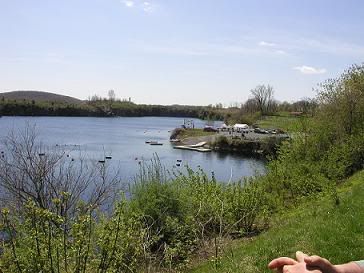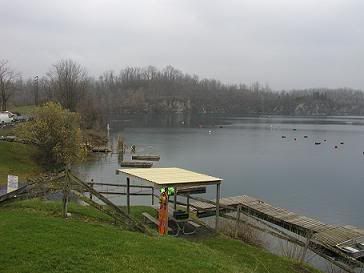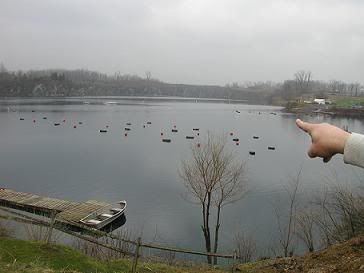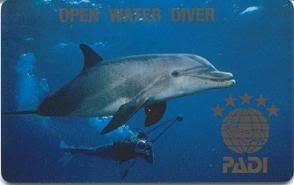This is the card you will get if you complete the PADI Open Water Scuba Program.
In most classes you will be given a course book.

This book is divided into 5 sections which relate to the 5 pool sessions (if you take the PADI open water training course, which I highly recommend that you do. Depending on the class structure, you will be asked to read the book and do all the exercises before attending class ( a chapter at a time). Some classes maybe during the week, while others could be 2 separate weekends. In any event you will have FUN while learning how to breathe underwater. Just think when you are done, you can go on many trips and see fantastic fish and animals in thier underwater home. In class, the instructor will have you learn all material to 100 % MASTERY. If on the 4 short quizzes and 1 final exam, the student must understand all missed questions. If you missed the question, you will know why you missed it.
Topics in the course book are: how to use equipment and how it works and why, bouyancy - why things float and sink, why knowing about pressures in the water are important, how NOT holding your breathe in diving if the # 1 rule, how to effectively descend and ascend safely, basic underwater hand signals, how to use the standard dive tables, to name but a few.
After the class, each student must master a number of underwater skills. These skills will be done at a local swimming pool, where the environment is safe. Some of these are breathing underwater, swimming without sinking to the bottom, taking off and putting on your mask, how to recover your regulator (mouth piece) if it comes out of your mouth, how to inflate your BCD (Buoyancy Compensation Device) under water, taking on and off the BCD in water, and many more.
When all students master these skills it will be time to advance to a local dive site. The local dive site could be a pond, a small lake , or a sound. Don't worry, there will be plenty of staff there to assist you during this time. Their main goal is for you to have FUN and learn how to safely dive in the Open Water. No new skills to learn, all the skills you did in the open water will be repeated here in open water. There are a total of 4 dives that must be preformed.
When you complete these open water dives you will be awarded and Open Water Scuba Diver card. With this card you can rent dive gear, and air at the local dive shop. Now it is up to you to contact a local dive shop and learn to dive. As you are aware from my Bio, I am a PADI dive instructor and believe that PADI is the best dive organization in the world. Go to this site for PADI. You will not go wrong if you take your class from an approved PADI dive shop . Go to start your dive, and find a local one in your state and city. Tell them how you found them, they will be glad you did. Good luck and I hope to see you "under the water"

The diver on the platform to the left is getting ready to do a Giant Stride Entry. This entry in one that you might use when diving from a boat. Watch out below, here I come.

These two pictures were taken at the Blue Hole in Santa Rosa, NM. This is an open water training site that is used by many dive shops from about 3 states. I have helped conduct many classes in these waters.



These last three pictures are of Dutch Springs in Bethelhem, PA.
Check out my sponsers links...they have a lot of free stuff to give you.


No comments:
Post a Comment